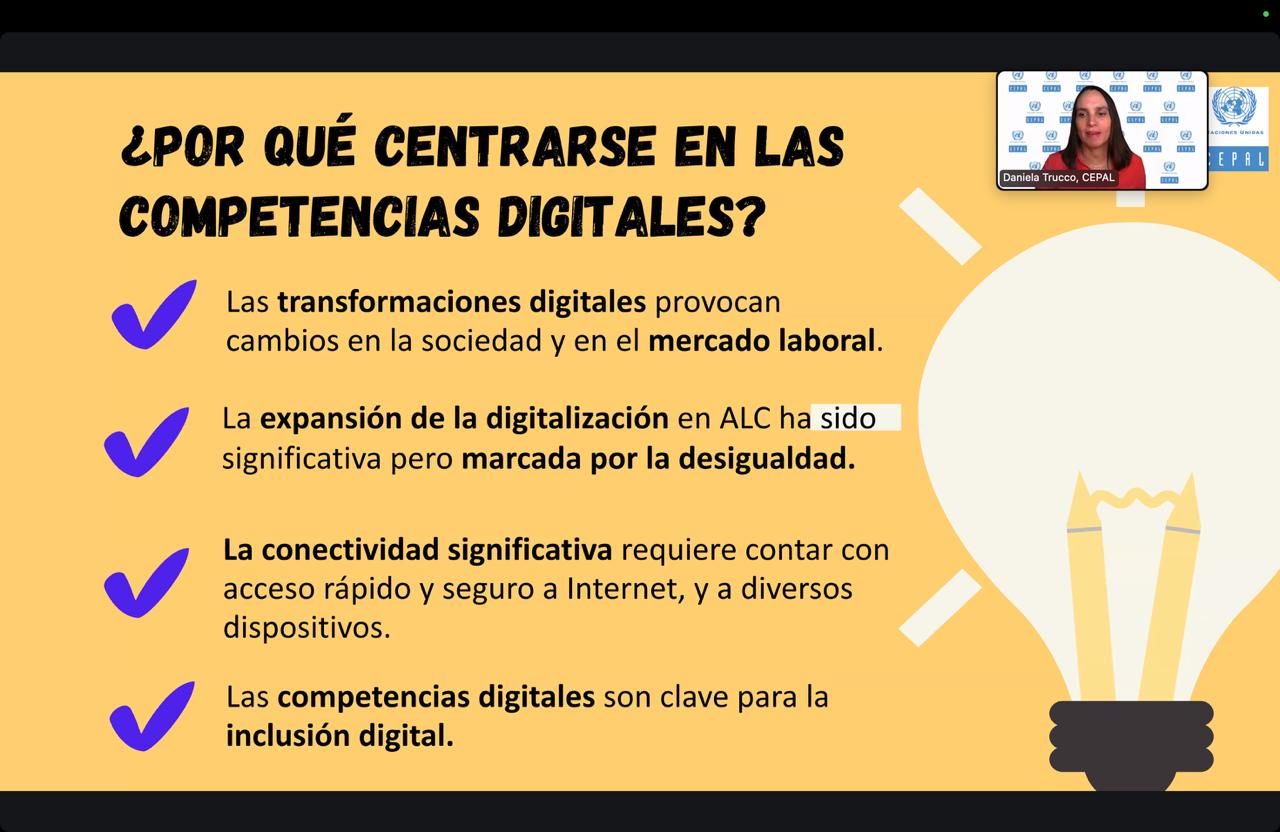Global Conversations, Regional Practices: The Future of Digital Schooling
On April 9, NORRAG and ECLAC hosted the first event in their 2025 series of regional webinars. The session focused on how global discourses and agendas regarding school digitalisation intersect with the Latin American experience.
Four panellists with diverse backgrounds participated: Ancell Shecker, Vice-Minister for Technical and Pedagogical Affairs at the Dominican Republic’s Ministry of Education; Daniela Trucco, Senior Social Affairs Officer at ECLAC; Patricia Ferrante, a researcher at FLACSO and a principal investigator of the RED project; and Felicitas Macgilchrist, a Professor at the University of Oldenburg, Germany, and RED coordinator. The webinar was organised by NORRAG’s regional coordinator, Felicitas Acosta, and concluded with remarks from Amalia Palma, Senior Social Affairs Assistant at ECLAC.
More than 140 members of our regional network and colleagues from Latin America joined the discussion, highlighting current policies, research findings, and reflections on present and future challenges.
Ancell Shecker outlined the Dominican Republic’s program agenda, emphasising the government’s commitment to developing digital competencies. However, she cautioned about regulatory shortcomings, the lack of evaluations to inform decisions amidst the overwhelming influx of technology market offerings, and the urgent need for teacher training as digitalisation integrates into the curriculum.
Daniela Trucco presented results from a recent regional study based on PISA data. She argued for advancing digital competencies while shifting towards meaningful connectivity, noting that in Latin America, “the digital divide must now be viewed as part of the structural divide.”
Finally, within the framework of RED—a research network connecting academic centres in the Global North and South—Patricia Ferrante and Felicitas Macgilchrist addressed post-digital scenarios. Contrary to the hopes for equalisation, their school-based studies revealed the complexities introduced by digital expansion, including regulatory gaps, the necessity for active adult mediation, market lobbying, the shaping of policy agendas, and teaching styles influenced by platforms.
In closing, participants agreed on the state’s crucial role in establishing boundaries, ensuring sustainability, and providing funding. They also highlighted the importance of collective organisation among teachers, experts, and the broader public in developing more equitable and satisfactory sociotechnical futures.
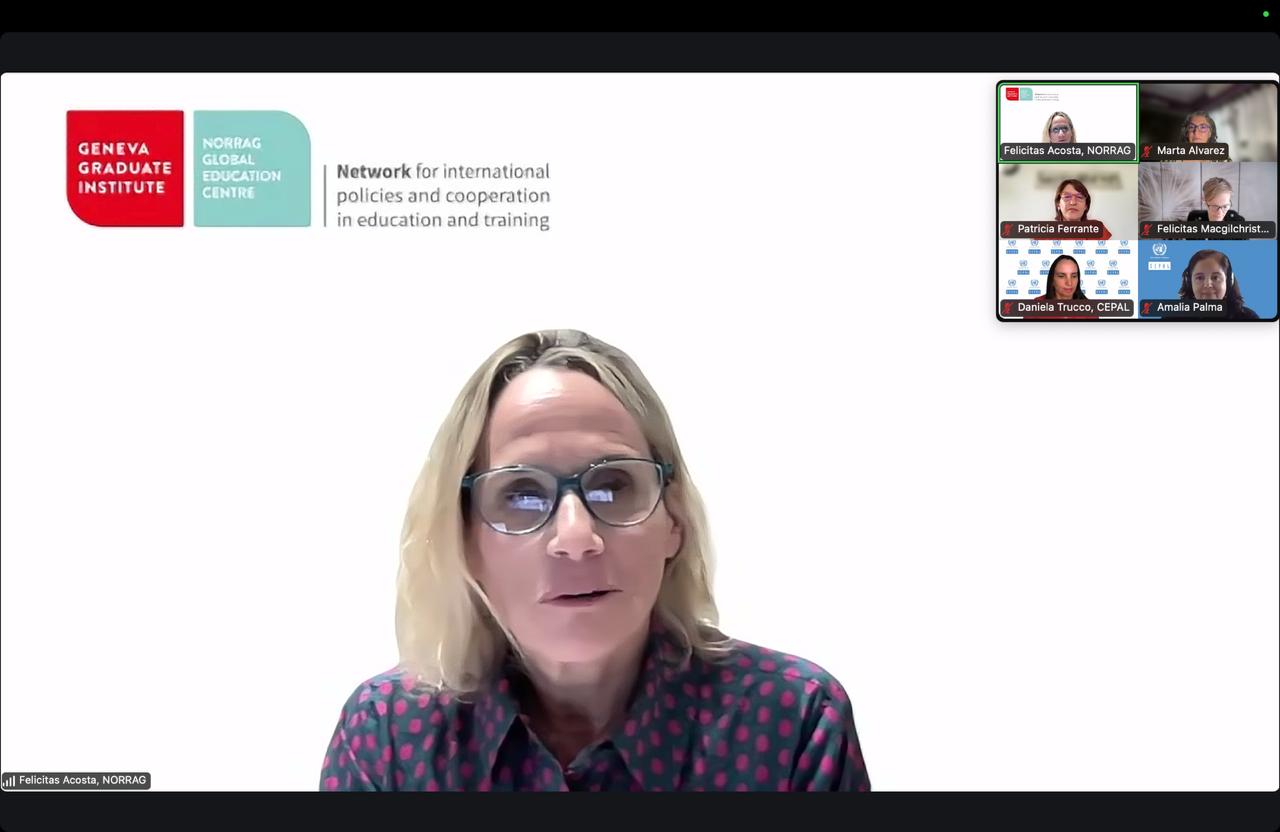

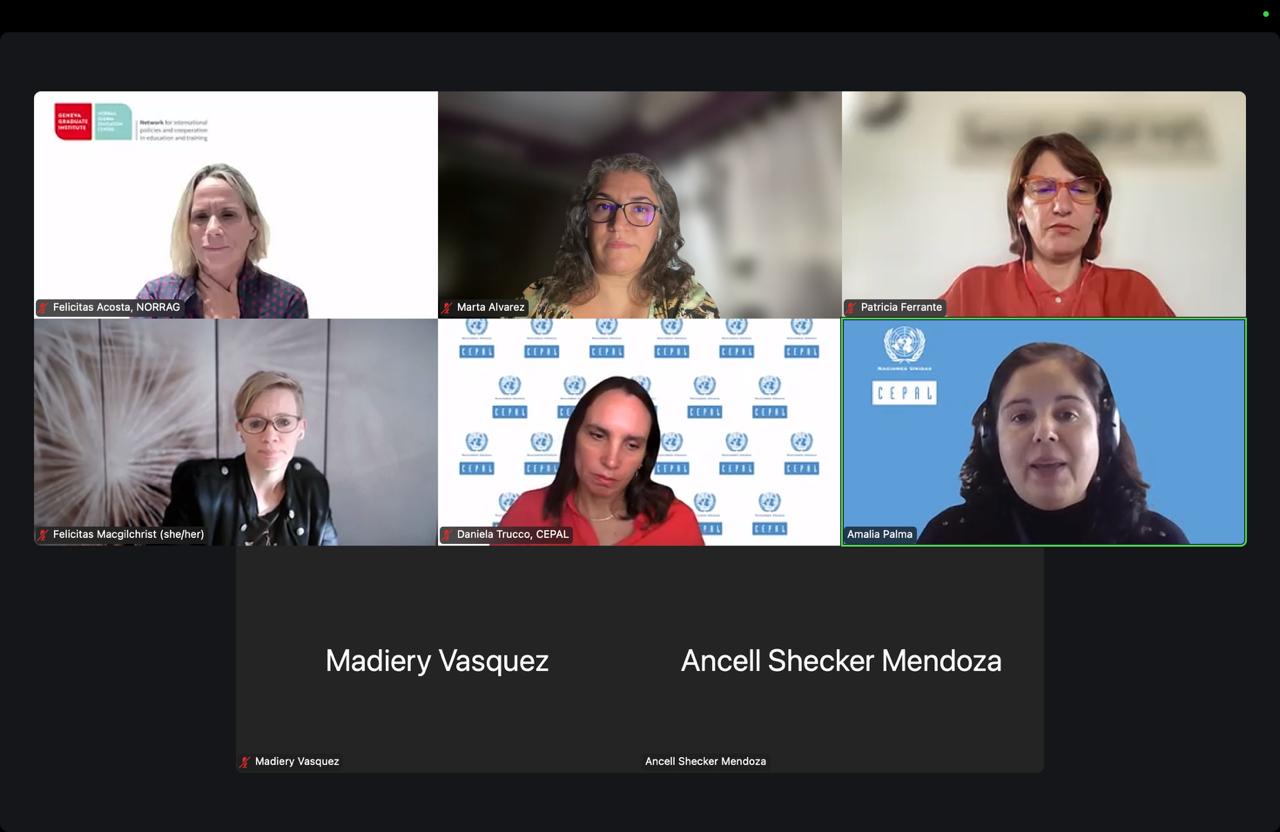
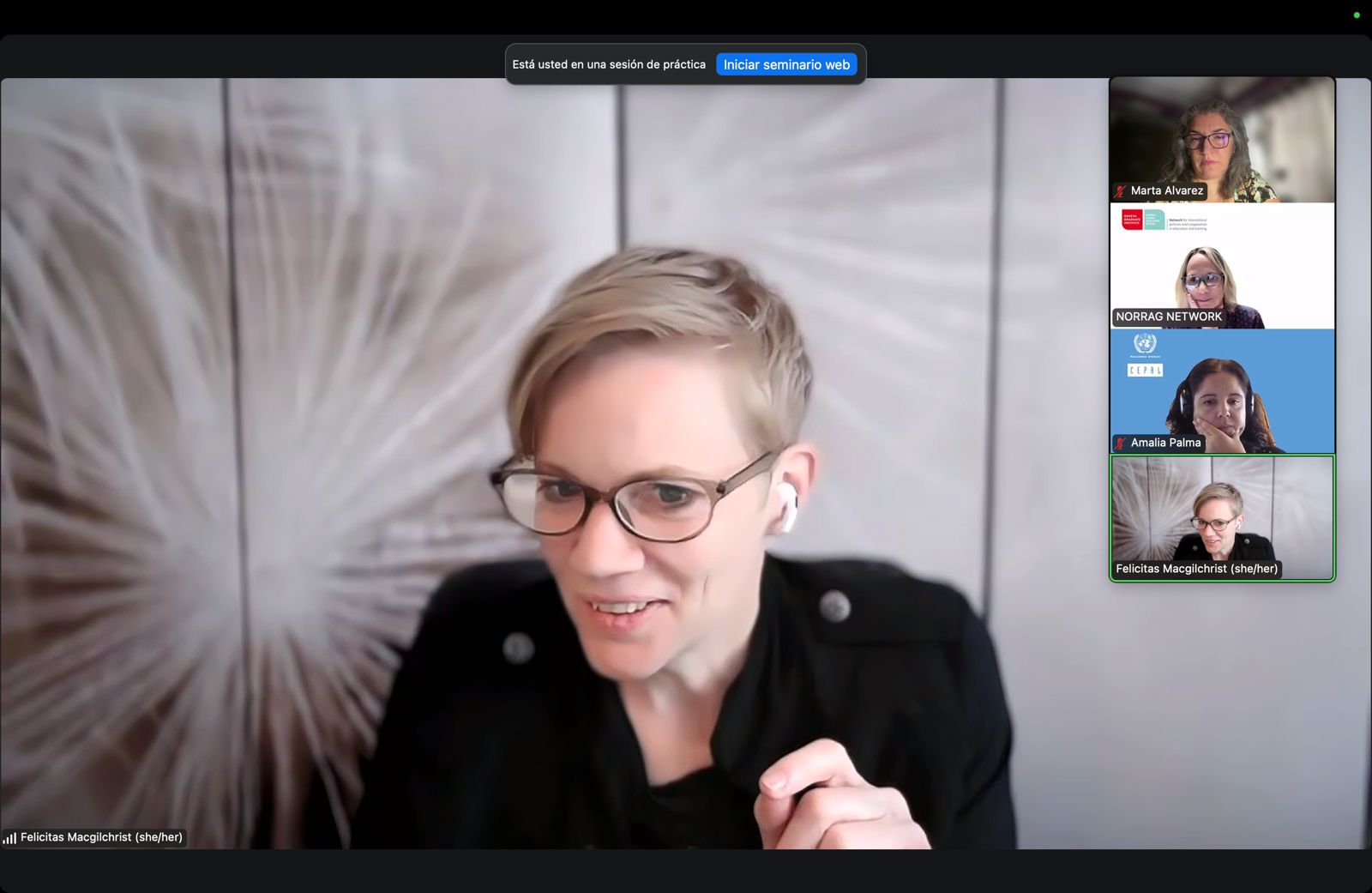
Organised with
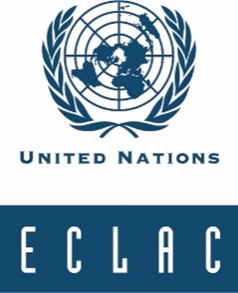 UN ECLAC
UN ECLAC
Conversaciones globales, experiencias regionales: el futuro de la escolarización digital
El 9 de abril, NORRAG y la CEPAL celebraron el primer encuentro de su serie de webinarios regionales para 2025. La sesión se centró en cómo los discursos y agendas globales sobre la digitalización escolar se entrecruzan con la experiencia latinoamericana.
Participaron cuatro panelistas de trayectoria diversa: Ancell Shecker, viceministra de Asuntos Técnicos y Pedagógicos del Ministerio de Educación de la República Dominicana; Daniela Trucco, oficial superior de Asuntos Sociales de la CEPAL; Patricia Ferrante, investigadora de FLACSO y coinvestigadora principal del proyecto RED; y Felicitas Macgilchrist, profesora de la Universidad de Oldenburg (Alemania) y coordinadora de RED. El webinario fue organizado por la coordinadora regional de NORRAG, Felicitas Acosta, y concluyó con las palabras de Amalia Palma, asistente superior de Asuntos Sociales de la CEPAL.
Más de 140 integrantes de nuestra red regional y colegas de toda América Latina se sumaron a la conversación, que puso de relieve políticas vigentes, resultados de investigación y reflexiones sobre desafíos actuales y futuros.
Ancell Shecker expuso la agenda de programas de la República Dominicana, dando cuenta del compromiso gubernamental con el desarrollo de competencias digitales. No obstante, advirtió acerca de las carencias regulatorias, la ausencia de evaluaciones que orienten la toma de decisiones frente al “bombardeo”de ofertas del mercado tecnológico y la necesidad urgente de atender la formación docente para integrar la digitalización en el currículo.
Daniela Trucco presentó los hallazgos de un estudio regional reciente basado en datos de las pruebas PISA 2022. Sostuvo el impulso de competencias digitales pero con un giro hacia la conectividad significativa, y señaló que en América Latina «la brecha digital debe considerarse ya como parte de la brecha estructural».
En el marco del proyecto RED—red de investigación que vincula centros académicos del Norte y Sur global—Patricia Ferrante y Felicitas Macgilchrist abordaron escenarios posdigitales. Sus estudios de campo en escuelas diversas mostraron la complejidad que genera la expansión digital: vacíos regulatorios, necesidad de mediación adulta activa, lobby del mercado, configuración de agendas políticas y estilos docentes condicionados por las plataformas.
En la clausura, los participantes coincidieron en el papel esencial del Estado para establecer límites, garantizar la sostenibilidad y aportar financiamiento, así como en la importancia de la organización colectiva de docentes, especialistas y la ciudadanía en general para construir futuros escenarios sociotécnicos más igualitarios y satisfactorios.




Organizadores:
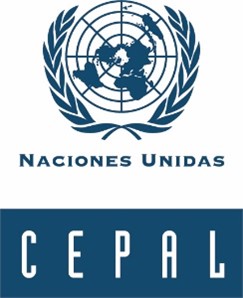 Naciones Unidas CEPAL
Naciones Unidas CEPAL


